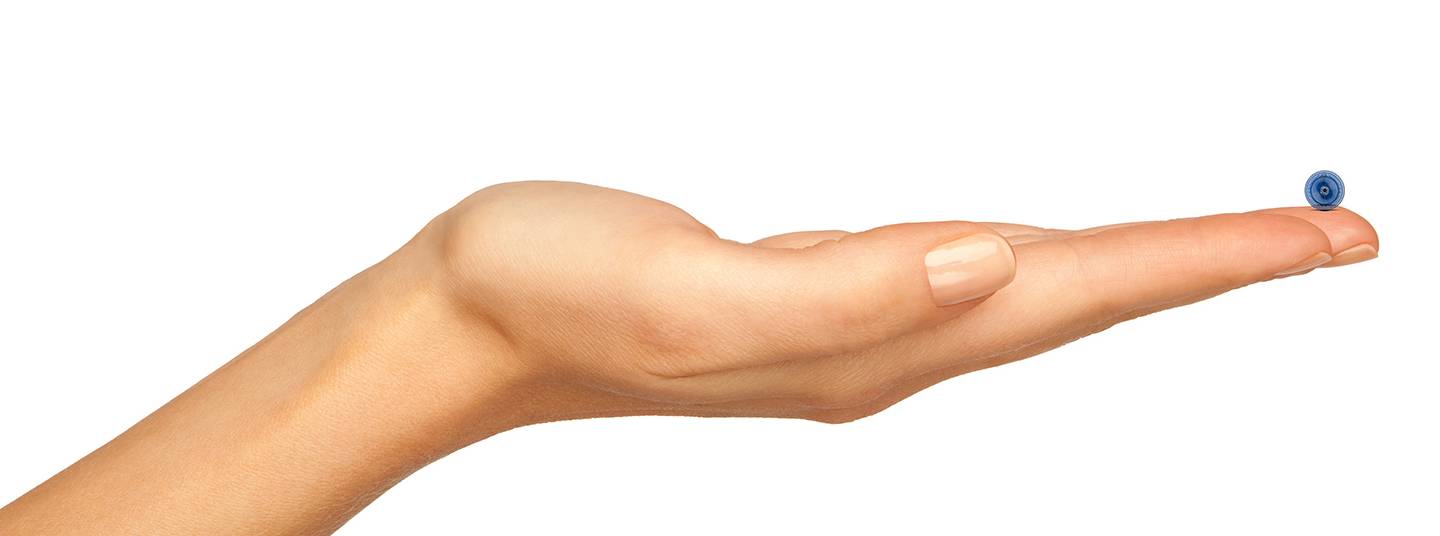“The serenity to accept things we cannot change, courage to change the things we can, and the wisdom to know the difference.” To paraphrase a well-known saying, we all strive to find ways to buffer against the unpredictable. Life and its many aspects are uncertain, with events and occurrences often out of our hands… and one key aspect of our lives, our health, even more so. Health concerns are generally accompanied by uncertainty, given the number of factors that are beyond our control. Sometimes, there is only so much one can do, in terms of diet and other lifestyle changes, to strengthen one’s immunity. So if there’s something that can bring in an element of certainty and give us some control over the future of our health, it is a welcome aid! This is where preventive and protective measures like vaccination come in. One breakthrough that has truly helped to change the way health is managed, worldwide, is immunization. Immunization prevents millions of life-endangering situations every year. While there are still no known causes or preventive measures for several health conditions, science has made tremendous strides in eradicating a number of diseases, via vaccines, over the last few centuries. So why are vaccines important? Here are some ways in which vaccination can help you protect not just you and your family, but communities at large…
Training your immune system
Vaccination serves to strengthen your body’s immune system by boosting immune response and developing protection against disease-causing organisms. How? Remember taking preliminary exams to prep for the big finals? Vaccines are like that, and help prepare the body for what may come. Also, much like how your body relies on muscle memory when getting back to a workout after a gap, our immune system too is built to remember. By introducing a weakened strain of a disease safely into your body, vaccines enable the production of antibodies and teach your immune system how to fight that disease. If exposed to it in the future, the immune system remembers how to tackle it.
Like different workouts or subjects warrant a different kind of training, it is also important to remember that infectious diseases, which may have similar symptoms, are not the same. Different viruses call for different vaccines and treatment plans to buffer up your immune system appropriately. For instance, being vaccinated for or having had Covid-19 does not protect from influenza, and vice versa.
A better shot at life
Immunization can protect you against diseases that can have serious consequences on your health and life at large. Contemporary vaccines have been responsible for protecting children and adults alike from numerous illnesses and can be life-saving for those vulnerable or those with already compromised immune systems due to other health conditions.
For instance, you may already know that the flu vaccine can be extremely helpful in preventing the often uncomfortable symptoms due to illness during flu season. Usually, an annual shot is recommended for ongoing protection against the infection and keep the large scale flu burden under check.
“It is important to understand influenza and the preventive measures to protect against this seasonal infection and its complications. With influenza strains evolving every year, the WHO updates vaccine recommendations based on the strain currently in circulation. This makes annual flu shots important for optimal protection, especially as immunity supported by the vaccination can decrease after a year.” – Dr. V Ramasubramanian, Senior Consultant Infectious Diseases, Apollo Hospitals, Chennai and Medical Director, Capstone Multispecialty Clinic, Chennai.
Additionally, studies also show that flu vaccination greatly reduces the chances of hospitalization due to influenza related complications in people with diabetes and has also been found to significantly reduce instances of flu-associated acute respiratory illnesses in pregnant women. It can be a safeguard for the elderly, the immunocompromized and those with comorbidities, who would otherwise be at higher risk for complications.
While it may not be possible to pre-empt all health conditions, immunization is a powerful preventive tool against many illnesses like influenza, Covid-19, chicken pox, measles and hepatitis, to name a few, and their side-effects.







FOLLOW ABBOTT